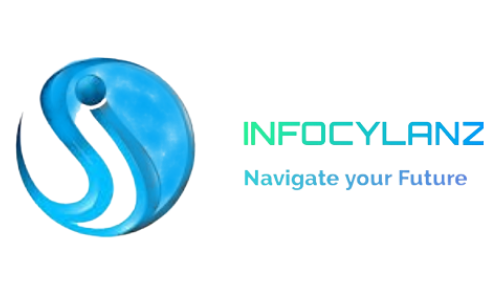- Grindr XTRA – Allows you to use read receipts, view up to 600 profiles in the cascade, use explore mode, save phrases to use in chats, see who’s chatted with you, send five expiring photos each day and use Grindr XTRA filters.
- Grindr Unlimited – Has XTRA features and filters, plus added ones like the ability to view an unlimited number of profiles, see who’s viewed your profile, see typing statuses and send unlimited expiring photos.
Cons: The profiles shown in Meet can be filtered by age and distance on the free version of the app. But to filter by gender identity, sexual identity, relationship status and when they were last online, you will need to pay for premium settings.
Paid-for features on HER
- HER Premium Gold – Offers you the chance to use premium filters, rewind profiles, see who’s liked you, change location and use incognito mode.
- HER Premium Platinum – All of the Gold features, plus unlimited swipes, ability to see who’s online, view read receipts and get one free Boost a month.
Hinge
Pros: “The dating app designed to be deleted” – Hinge’s slogan highlights that it’s a great app for finding a long-term relationship. Its algorithm works out who you’re ‘Most Compatible’ with and suggests people for you to meet.
Cons: Each time you ‘like’ someone on here, they’ll be notified and given the option to match with you, which can make it feel a tiny bit more daunting than a mindless Tinder swipe.
Top tip: On Hinge, you can add comments to your profile in response to some prompt questions. Avoid going for anything too predictable in your answers, and instead say something surprising that will spark conversations.
Paid-for features on Hinge
- Preferred Hinge membership – Lets you use added features like unlimited likes, extra filter options (e.g. so you can filter by height or whether someone smokes, etc.) the option to see all the people who have already liked you (rather than just one person at a time) and use an unlimited number of likes.
Match
Pros: Match is a really well-established dating site, aimed at helping people start serious relationships and find love. If this is what you’re looking for, you’ll be able to find like-minded people on here.
Cons: It’s free to register and start using Match, but to read and send messages, you’ll need to sign up for a paid subscription (unless a user has the Connect upgrade, in which case you’d be able to chat with them).
Top tip: Try Match for free before paying for a subscription – you should be able to get a good idea of whether it’s right for you based on their basic dating features.
Paid-for features on Match
- Match paid subscription – Unlocks key features, like letting you message other users.
Happn
Pros: Happn shows you profiles of people you’ve walked past or are likely to cross paths with. It should make it easier to arrange dates if you already live, work or socialise near each other.
Cons: If you live somewhere rural, it’ll be harder to meet someone on Happn compared to some other apps. An app like Hinge that shows you profiles based on preferences, rather than just location, might be better.
Top tip: Your location won’t be visible to other people on Happn – they’ll only see where you’ve crossed paths.
Paid-for features on Happn
- Happn Premium subscription – Premium features include seeing who’s liked you, rewinding when http://www.hookupdate.net/foot-fetish-dating/ you accidentally skip a profile, scheduling Invisible mode, hiding key personal info, using the video call feature five times for up to an hour and getting up to 10 ‘FlashNotes’ to send per day (FlashNotes are a bit like Tinder’s Super Likes).


